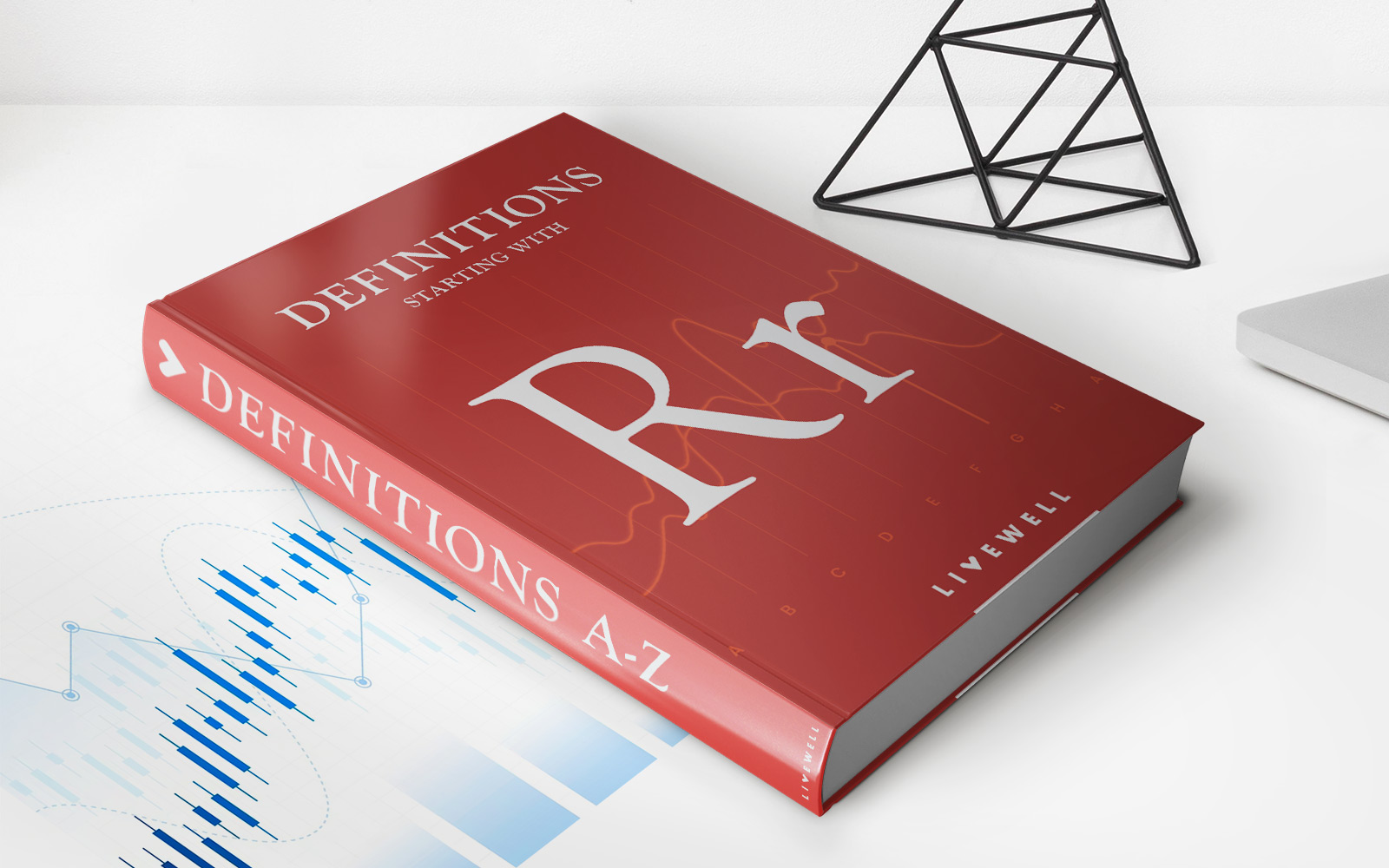Home>Finance>What Is The Maximum Late Fee A Landlord In Iowa Can Charge


Finance
What Is The Maximum Late Fee A Landlord In Iowa Can Charge
Published: February 22, 2024
Learn about the maximum late fee a landlord in Iowa can charge and understand the finance regulations to protect your rights as a tenant.
(Many of the links in this article redirect to a specific reviewed product. Your purchase of these products through affiliate links helps to generate commission for LiveWell, at no extra cost. Learn more)
Table of Contents
Introduction
Late rent payments can be a source of frustration for both landlords and tenants. In Iowa, as in many other states, there are specific regulations governing the maximum late fees that landlords can charge their tenants. Understanding these regulations is crucial for both parties to ensure a fair and lawful rental agreement.
Late fees are designed to incentivize tenants to pay their rent on time and compensate landlords for the inconvenience caused by late payments. However, it's essential for both landlords and tenants to be aware of the maximum late fee allowed by law, as well as the potential consequences for charging excessive late fees.
In this article, we will explore the regulations surrounding late fees in Iowa, including the maximum late fee allowed by law, and the potential repercussions for landlords who charge excessive late fees. Additionally, we will provide valuable tips for tenants to navigate late fees and maintain a positive rental experience. Understanding these regulations and best practices is essential for fostering a harmonious landlord-tenant relationship and ensuring a fair and transparent rental process for all parties involved.
Understanding Late Fees in Iowa
Late fees are charges imposed by landlords on tenants who fail to pay their rent on time. In Iowa, the specifics regarding late fees are typically outlined in the lease agreement signed by both parties. It’s important for tenants to carefully review the lease to understand the late fee structure and any grace periods provided for late payments.
Landlords in Iowa have the discretion to set the late fee amount, provided it is reasonable and does not exceed the maximum late fee allowed by state law. It’s crucial for tenants to be aware of their rights and responsibilities regarding late fees, as well as the procedures for addressing late payments outlined in the lease agreement.
Additionally, tenants should familiarize themselves with the legal framework governing late fees in Iowa, including any relevant state statutes or regulations that may impact the maximum allowable late fee. By understanding the rules and regulations surrounding late fees in Iowa, both landlords and tenants can ensure a fair and transparent rental process.
For landlords, it’s important to establish clear and reasonable late fee policies that align with Iowa’s legal requirements. Providing tenants with a comprehensive understanding of late fees and the consequences of late payments can help set clear expectations and mitigate potential disputes.
Overall, a solid understanding of late fees in Iowa is essential for both landlords and tenants to navigate the rental process with clarity and fairness. By familiarizing themselves with the legal framework and lease agreements, both parties can work towards a mutually beneficial rental arrangement.
Maximum Late Fee Allowed by Law
In Iowa, the maximum late fee that a landlord can charge is not explicitly specified by state law. However, the Iowa Landlord and Tenant Act requires that late fees must be reasonable and reflect the actual damages incurred by the landlord due to the late payment. This requirement serves to prevent landlords from imposing excessive late fees that far exceed the actual costs incurred.
While the law does not set a specific dollar amount for the maximum late fee, it emphasizes the importance of reasonableness and proportionality. Landlords should carefully consider the actual financial impact of late payments on their operations when determining late fee amounts. Additionally, landlords should clearly outline the late fee structure in the lease agreement to ensure transparency and avoid potential disputes with tenants.
It’s crucial for landlords to adhere to the principles of fairness and reasonableness when setting late fees, as charging excessive late fees can lead to legal repercussions and strained relationships with tenants. By maintaining a reasonable late fee policy, landlords can foster a positive and respectful rapport with their tenants while still addressing the financial implications of late payments.
While Iowa law does not impose a specific cap on late fees, landlords should exercise prudence and fairness when establishing late fee amounts. This approach not only aligns with legal expectations but also contributes to a harmonious landlord-tenant relationship and a more equitable rental experience for all parties involved.
Consequences for Charging Excessive Late Fees
Charging excessive late fees can have serious consequences for landlords in Iowa. While the state does not specify a maximum late fee amount, landlords must ensure that their late fee policies are reasonable and proportionate to the actual damages incurred due to late payments. Failure to adhere to these principles can result in legal challenges and potential repercussions for landlords.
If a landlord is found to be charging excessive late fees that are deemed unreasonable or punitive, they may face legal action from tenants. In such cases, tenants can contest the late fees in court, and if the fees are deemed excessive, the landlord may be required to refund the overcharged amount to the tenant. This not only creates a legal burden for the landlord but also strains the landlord-tenant relationship and undermines trust.
Furthermore, charging excessive late fees can tarnish the landlord’s reputation and lead to negative reviews and word-of-mouth publicity, potentially impacting their ability to attract and retain tenants in the future. Tenants are more likely to seek rental accommodations from landlords known for fair and reasonable practices, making it crucial for landlords to uphold ethical and lawful standards when imposing late fees.
From a legal standpoint, landlords should be aware that imposing excessive late fees can expose them to allegations of unfair or deceptive practices, potentially resulting in legal penalties and damages. It’s in the best interest of landlords to maintain a transparent and reasonable approach to late fees to avoid legal entanglements and safeguard their reputation in the rental market.
In summary, charging excessive late fees can lead to legal disputes, damage the landlord’s reputation, and strain the landlord-tenant relationship. By adhering to the principles of reasonableness and fairness in setting late fees, landlords can mitigate these risks and foster a positive and respectful rental environment.
Tips for Tenants
For tenants in Iowa, navigating late fees and rental payments requires a clear understanding of their rights and responsibilities. Here are some valuable tips to help tenants manage late fees and maintain a positive rental experience:
- Review the Lease Agreement: Carefully review the lease agreement to understand the late fee structure, including any grace periods for late payments. Being familiar with the terms of the lease can help tenants avoid misunderstandings regarding late fees.
- Communicate with the Landlord: In the event of financial challenges or unexpected circumstances that may lead to a late payment, open communication with the landlord is key. Inform the landlord in advance and discuss potential solutions to address the situation amicably.
- Understand Legal Protections: Familiarize yourself with the Iowa Landlord and Tenant Act and other relevant statutes to understand your legal protections as a tenant. Being aware of your rights can empower you to address any unfair late fee practices.
- Seek Clarification: If there are uncertainties or ambiguities regarding late fees or rental payments, don’t hesitate to seek clarification from the landlord or property management. Clear communication can prevent misunderstandings and disputes.
- Document Payments: Keep thorough records of rental payments, including receipts and transaction confirmations. Having documented proof of payment can serve as valuable evidence in case of any disputes related to late fees.
- Seek Legal Advice if Necessary: In situations where you believe that you are being unfairly charged excessive late fees, consider seeking legal advice or assistance from tenant advocacy organizations to understand your options and rights.
By proactively engaging with the terms of the lease, maintaining open communication with the landlord, and staying informed about legal protections, tenants can navigate late fees with confidence and contribute to a positive and respectful rental environment.
Conclusion
Understanding the regulations and best practices surrounding late fees in Iowa is essential for both landlords and tenants to foster a fair and transparent rental experience. While Iowa does not specify a maximum late fee amount, the requirement for late fees to be reasonable and proportionate underscores the importance of fairness and transparency in the landlord-tenant relationship.
For landlords, maintaining a reasonable late fee policy that aligns with the actual damages incurred due to late payments is crucial for legal compliance and tenant relations. By setting clear late fee structures and adhering to principles of reasonableness, landlords can mitigate legal risks and cultivate a positive reputation in the rental market.
Tenants, on the other hand, can navigate late fees with confidence by reviewing lease agreements, communicating openly with landlords, and understanding their legal protections. Proactive engagement with rental terms and clear communication can help tenants avoid misunderstandings and address late payment challenges effectively.
Ultimately, a harmonious landlord-tenant relationship hinges on mutual respect, clear communication, and adherence to legal and ethical standards. By upholding these principles, both landlords and tenants can contribute to a rental environment characterized by fairness, transparency, and mutual understanding.
In conclusion, a comprehensive understanding of late fees in Iowa, coupled with adherence to legal requirements and best practices, is fundamental to creating a rental experience that is equitable and respectful for all parties involved.














